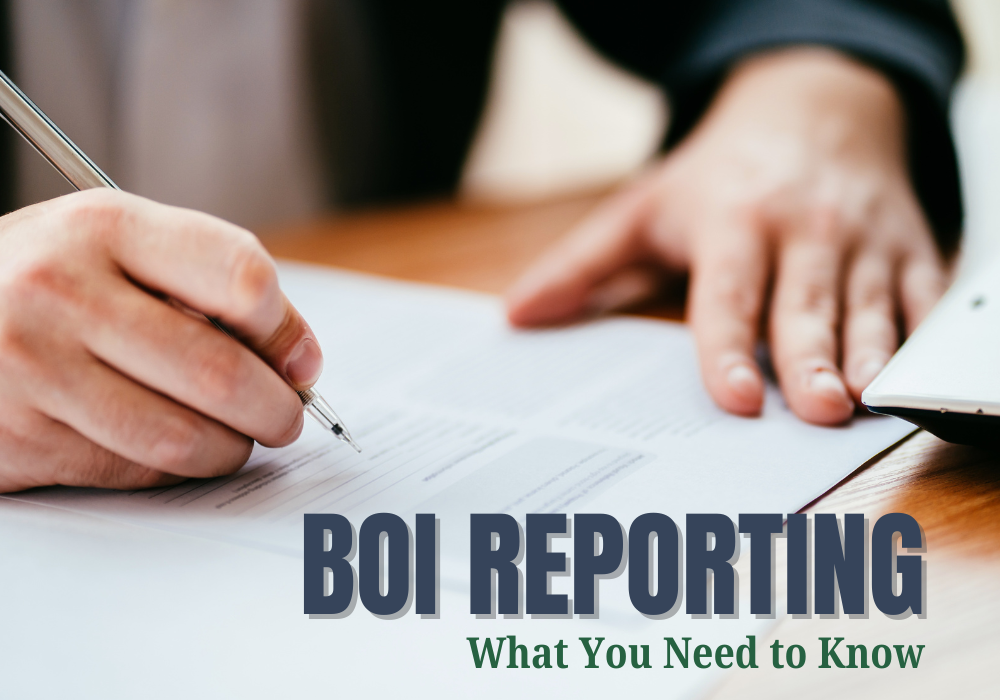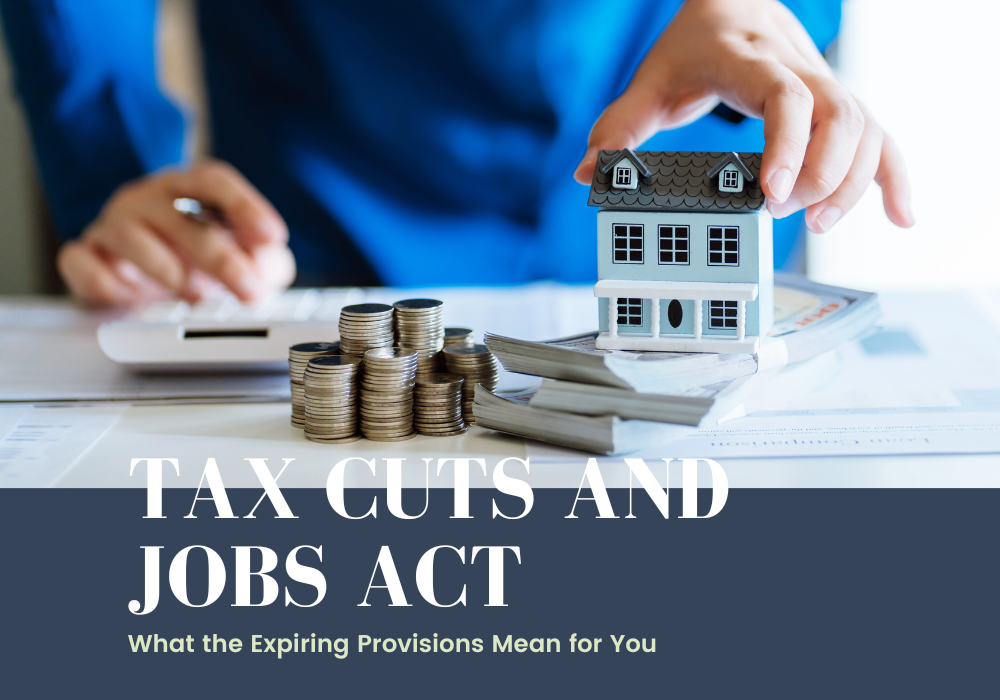Be Wary of Social Media ‘Fin-Fluencers’

Increasingly, online social media personalities want to tell you what to do with your wealth. The rise of these financial influencers—“fin-fluencers”—is having a big impact on how some people get information and advice about the financial markets today.
- Most Millennials and Gen Zers get their information about investing from social media rather than from brokerages or financial advisors, according to the North American Securities Administrators Association.*
- CEG Insights research shows that one of the top reasons people follow fin-fluencers is for personal finance advice.**
Because fin-fluencers may have captured the attention of many people around you—from your heirs to your parents—you should be paying attention.
Pros and cons of fin-fluencers
In general, there’s something to be said for what fin-fluencers do: making financial insights more readily available, in formats (such as well-shot videos, social media posts, podcasts) that prompt people to pay attention to important topics they might otherwise ignore.
The challenge, of course, is that the information and advice offered via social media fin-fluencers may be just as likely to be incorrect, inappropriate or even predatory as it is to be helpful. The fact is, fin-fluencers present specific risks that aren’t commonly found among many other sources of financial advice. Consider:
1. Lack of expertise. Posting financial advice on social media doesn’t require financial experience or even much in the way of financial knowledge. It’s true that some fin-fluencers work or previously worked in the financial services industry in some capacity—but that alone doesn’t mean they are experts on the topics they discuss online. What’s more, many fin-fluencers lack any industry experience or credentials at all.
2. Conflicts of interest. Fin-fluencers who promote certain segments of the market or even specific investments may be getting paid to do so by one or more companies that stand to benefit from those recommendations.
3. Lack of regulation. You may never know about a fin-fluencer’s lack of knowledge or conflict of interest because they’re not required to follow the same rules, laws and regulations as are professionals such as financial advisors.
4. Popularity over quality. Fin-fluencers’ typical goal is to create as large an online community of followers and “likes” as possible—as more views of their videos can help them earn higher ad-generated revenues. This drive to build a big audience can mean fin-fluencers make comments and give advice with the aim of getting lots of attention rather than of delivering high-quality, useful ideas.
Ultimately, these problems can add up to an online world that’s a target for scammers and manipulators.
* Source: North American Securities Administrators Association, Informed Investor Advisory: Finfluencers, August 2022.
** Source: CEG Insights, Navigating the Future of Wealth Management Tech, 2023.
Assessing the fin-fluencers
Not all fin-fluencers are fraudsters, of course—but the risk of getting advice that’s bad or inappropriate for your situation is high enough to merit extreme caution. Consider the following action steps:
1. Check credentials. Do the fin-fluencers have the required expertise to be holding court on the topics they’re discussing, or are they “just regular people” using their “common sense”? This is a crucial question to ask yourself if they’re doling out advice or making specific investment recommendations. Of course, even professionals with great expertise can make mistakes—but having a strong foundation of financial knowledge can make those mistakes less likely to occur.
2. Watch for red-flag words and phrases. Promptly ignore any fin-fluencer throwing out terms like “guaranteed,” “can’t lose” or “a surefire winner.” The future direction of investments can’t be predicted with such certainty, so anyone who tells you they know what the future holds is lying. Similarly, watch out if the person creates a big sense of urgency—noting, for instance, that you need to buy a product or service right now or you’ll miss the opportunity. Another red flag: The fin-fluencer trash-talks “mainstream” professionals such as advisors or accountants and claims to be the one with the “real” insights you won’t get anywhere but this person’s YouTube videos.
3. Dig into their performance history. When fin-fluencers highlight their previous investment recommendations that paid off big, do some digging. If the red-hot returns you’re being shown occurred over a very short period of time, look out longer to see if the investment cratered soon afterward. You can also do some online detective work to see whether the person made several bad predictions that they are burying or failing to mention.
4. Know what you’re being pitched. Some fin-fluencers focus on broad-based personal finance topics like financial literacy and budgeting/debt management, and talk about big-picture concepts. Others zero in on specific products or market segments, in many cases recommending (even hard-selling) specific investments. Think carefully about whether the fin-fluencer’s goal is to educate you or motivate you to buy something. And if it’s the latter, watch out for those red-flag words noted above.
5. Focus on information, not personality. Fin-fluencers often share stories of their own path (to financial success, financial freedom, etc.) in hopes that you’ll feel personal connections with them that build trust. That’s fine. Just remember to focus on the quality of the information they’re giving rather than how much you might like them, see yourself in them or aspire to be like them.
Ultimately, the best financial advice will reflect your own values, wants, needs and so on. Fin-fluencers, who by definition target a mass market audience, simply can’t provide insights tailored to your personal situation. While they can potentially expose you to new and interesting ideas, it’s crucial that you—or your parent, child or grandchild who encounters these online personalities—approach those ideas with a healthy dose of skepticism and ensure the next step is to do more homework rather than act impulsively.
Related Articles


